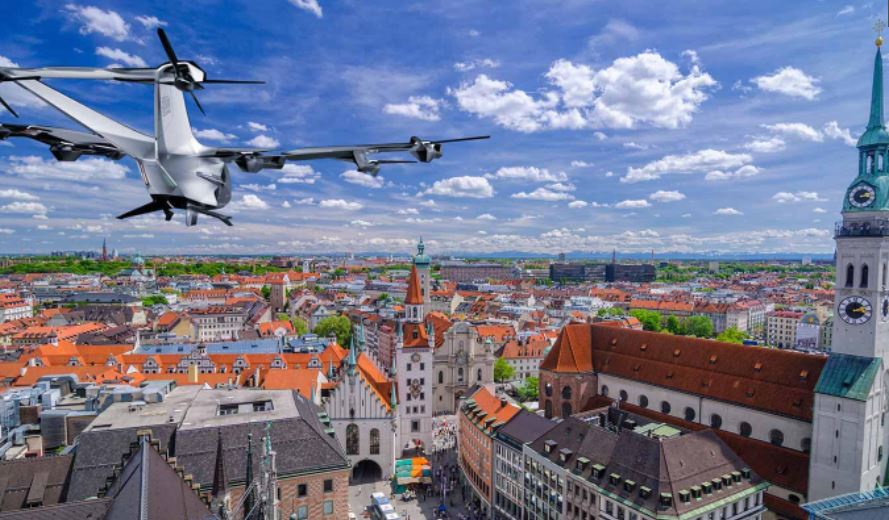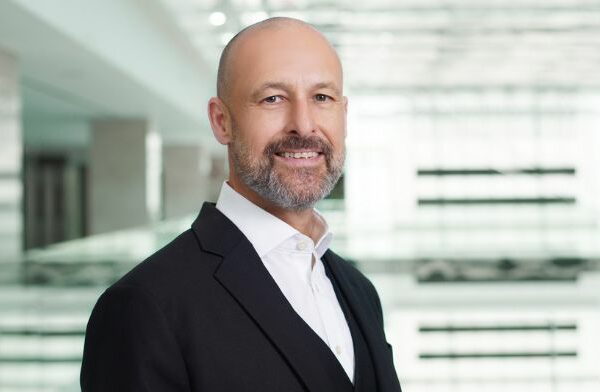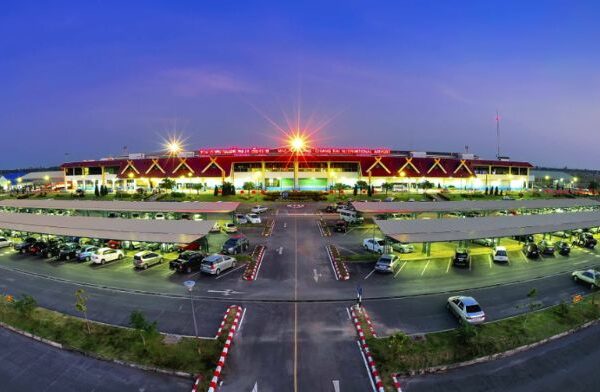


Munich Airport has teamed up with leading companies, universities and research institutions, including Airbus and Diehl Aerospace to form the Air Mobility Initiative (AMI).
Funded by the Free State of Bavaria (which has provided €17m in funding) and the Federal Republic of Germany (which has provided €24m of funding), the initiative will set up a series of research projects aimed at making electric air mobility within and between cities a reality. The joint projects are centered around three main areas: electric aircraft, air traffic management services and vertiports – the infrastructure on the ground to support electric vertical take-off and landing (eVTOL) vehicles.
“A few years ago, Air Mobility was just a vision,” said Dr Ralf Gaffal, CEO, Munich Airport International. “We at Munich Airport International see enormous potential in this new form of mobility. The AMI partnership enables us to jointly develop and implement scalable and sustainable Air Mobility concepts for the public,” he continued.
The initiative will explore the various elements of such an air transport system in realistic projects to gain an accurate picture of the technical and regulatory requirements. “Electric air transport can enhance public transport, airports and time critical mobility services, it will be environmentally friendly, quiet and safe,” added Andreas Thellmann, Head of Air Mobility Initiative.
As a first step, the AMI partners will address the technological, infrastructural, legal and social prerequisites for the future implementation of advanced air transport. The knowledge gained from this process will be carried through a demonstration project under real conditions with eVTOLs.
Airbus together with Diehl Aerospace, the University of Stuttgart and other partners is behind the electrically powered aircraft. Meanwhile, companies including Droniq, Avionics, Airbus, DFS, BrigkAir and Telekom will look at how to integrate eVTOL traffic safely and efficiently in urban areas and within manned airspace.





